How Fast Can You Master Japanese?
If you are trying to become fluent in Japanese, you will have to commit quite a long time to mastering the language.
It’s not an easy language to learn, especially when comparing it to English.
If you want to be able to carry on conversations the same way a native Japanese speaker can, trying to speed through the learning isn’t going to bode well.

If you want to truly master every part of the Japanese language, it can take anywhere from a year to a few years to get to that point. If you’re just looking to be able to understand spoken Japanese and carry on conversations in the language, you’re looking at about a year or so.
Learning to read and write in Japanese, whether in kanji or romaji, will require more time. You also need to be able to get in a lot of practice or else it will be very difficult to retain the language once you’ve learned it.
After all, there’s no use in learning a language when you aren’t actively looking for opportunities to use what you’ve learned. Without consistent exposure to a language, it can be difficult to maintain that knowledge that you’ve worked so hard to garner.
Is It Hard To Learn Japanese?
Japanese can be a difficult language to learn because it doesn’t have many similarities to the English language or languages that follow the Latin alphabet primarily.
As a result, you’ll have to learn more than just words; you’ll have to understand Japanese grammar in order to be able to speak appropriately and clearly.
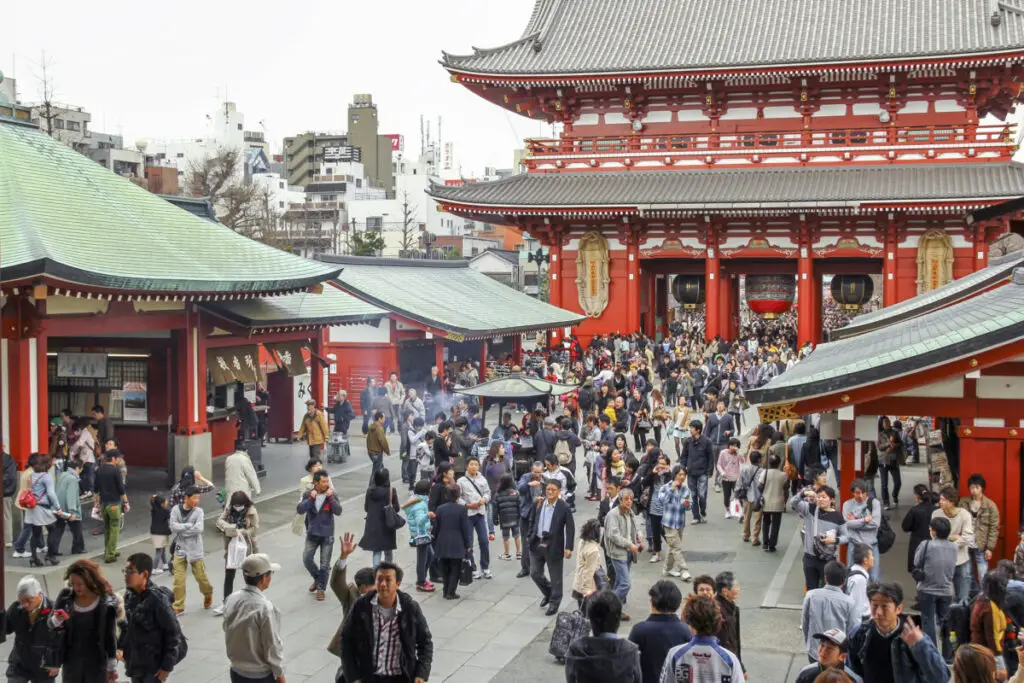
If you are a native English speaker, learning Japanese is very possible but there is quite the learning curve.
Japan is not a derivative of Latin like English is, so there are entirely separate rules and structures of words and sentences that need to be learned.
You can learn to write in Japanese using romaji letters, or Latin letters, if you find that kanji is way too difficult to understand or interpret.
Can I Learn Japanese In 3 Months?
Some Japanese language experts believe that it’s possible to learn Japanese in as little as 90 days.
It’s entirely possible to learn Japanese in three months if you’re simply looking to be able to speak with people in Japan on a basic level. You are not going to be a masterful fluent Japanese speaker in three months.
It’s impossible to learn the entire language in three month’s time, but you can learn enough that you can carry conversations with people who speak the language fluently.

There are language learning tools available that are customized to learning Japanese in only three months. These are worth considering if you’re looking to pick up the language quickly, as it’s tailored to what you need to know.
Taking the three month approach can be useful and is doable for people who want a baseline knowledge for things like vacationing in Japan or being able to understand Japanese language materials.
If you decide it’s not enough, you can choose to continue your learning past the three month mark.
Can You Learn Japanese By Yourself?
You can learn Japanese by yourself, but it’s not the most effective way to learn the language. You can use a language learning app or books that assist you, along with tools you find on the internet.
You want some kind of audio component to your learning so that you’re able to pick up proper pronunciation.

Having someone who you can practice Japanese with can be an excellent strategy for memorizing the language. When you aren’t able to speak the language until it becomes embedded in your brain, it can be very easy to forget it. At minimum, you should find an opportunity to speak Japanese at least once a week.
Watching Japanese television or movies to supplement the education component of learning Japanese is not only fun, but it also allows you to pick up different words and phrases you might not learn from your other tools.
You learn much more than you realize by participating in an activity that you can enjoy that involves the language you’re learning.
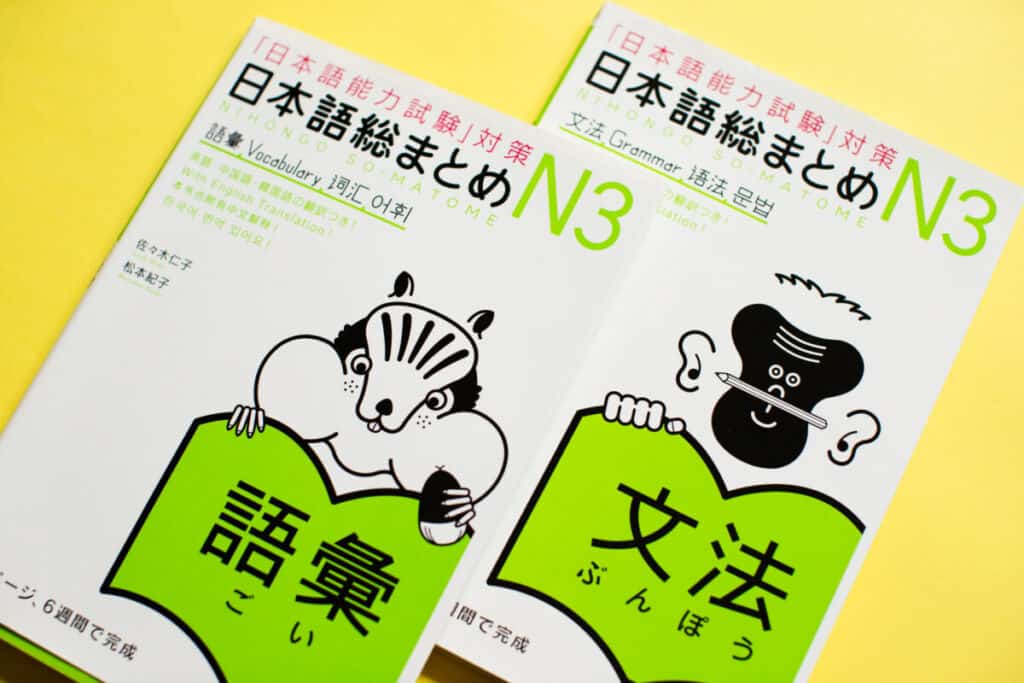
Interactive apps that feature a combination of video, audio, and text can make it much easier to learn a language independently.
You will still be much better off in the long run if you can arrange to interact with Japanese people, or people who speak Japanese, to further your knowledge and understanding of the language.
What Is The Quickest Way To Learn Japanese?
The quickest way to learn Japanese is really only having a lot of time to dedicate to learning. The less fluent you are looking to become, the better chance you have of learning enough Japanese for your specific goals quicker.
Your natural ability to pick up new languages will also contribute to how quickly you can learn Japanese.
Otherwise, there is no way to really predict the quickest way for someone to learn this language, as it’s an intricate language with lots of grammar rules that differ from most other languages.

Knowing your own learning style can help, practicing the language can help, and engaging in Japanese language material when you can will help as well.
It’s often recommended to try and learn a little bit every single day. Even if your chosen method of learning doesn’t have daily requirements, you can supplement that method with something like watching a show or having a conversation with someone who can give you feedback.
Using the language can help to make learning the language quicker as people you interact with will be able to teach you tips and tricks you won’t get anywhere else.
10 Steps To Becoming Fluent In Japanese
Regardless of how much Japanese you want to learn and what range of fluency you’re looking to achieve, there are some key strategies to be aware of to make learning Japanese a much more enjoyable process.
Step 1: Have Your Why Figured Out First
You should strongly consider why you’re wanting to learn Japanese, as this will help guide you as to how fluent you’re hoping to become.
As a result, you’ll be better equipped to develop a plan of action and subsequently decide that method you’re going to use to learn.

Motivations can range from wanting to visit Japan, work or live in Japan, communicate with family or friends, or be at an advantage when searching for a particular career.
Step 2: Know How Fluent You Want To Become
You will want to understand the different levels of fluency to know how much time you’ll need to learn Japanese.
Having a goal or understanding your reasoning for learning the language is a good place to start. If you’re just looking to be able to navigate Japan and interact with people on a basic level when visiting the country, you don’t need to spend a year learning.
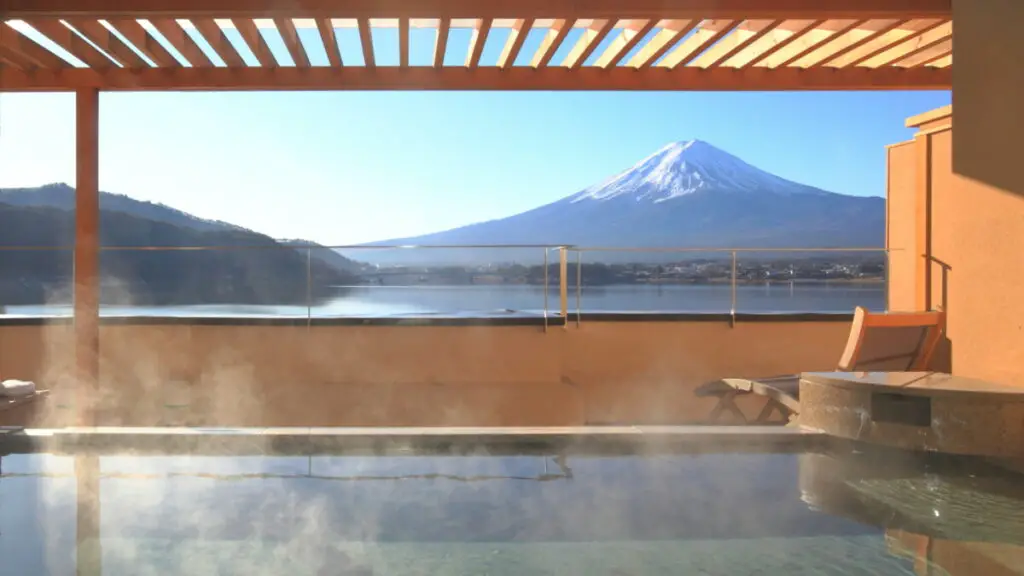
If you want or need to be able to carry on in-depth conversations in Japanese, you’ll likely need to get close to mastering the language to be able to do so.
Step 3: Work Learning Japanese Into Your Routine
Trying to spend all day, every day learning Japanese will get tiring very quickly, but not having time that you can dedicate to learning the language won’t work well for you either.
The time you choose to carve out for learning is up to you, but it needs to be integrated into your routine in order for it to remain a priority for you.
Step 4: Research Available Options For Legitimate Learning
The great thing about the internet is that there are a plethora of resources available to help you learn any language.
Now, more than ever, learning a new language is more accessible, even if you don’t have a lot of money to spare.

It’s necessary to be selective about which resources you use to be sure you invest your time (and possibly money) wisely.
Step 5: Make A Commitment To Starting As Soon As Possible
When there’s a goal we want to accomplish, scheduling the commitment too far into the future makes us much more likely to give up on it.
If you know your reason for wanting to learn Japanese and have conceptualized a goal, try to start engaging in your learning method of choice as soon as possible.
Step 6: Stay Consistent In Your Learning
Learning a language can take so much of our time and energy that it’s not worth trying to do it halfway. Staying consistent in your learning means that you maintain the same level of dedication throughout the entire time frame you plan on learning.
Step 7: Consume Enjoyable, Culturally Appropriate Content
With language being a major component of a culture, you should choose to learn the culture while you’re learning that culture’s language as well.
Furthermore, engaging in Japanese cultural traditions and consuming content made by Japanese creators can only benefit your language skills.

Another great advantage you’ll earn by consuming Japanese content is learning the way that people from Japan actually speak to each other.
You may even pick up a few phrases or slang terms that you can incorporate into your conversations as you become more comfortable with Japanese.
You can opt for movies, music, television shows, anime, or podcasts; no matter what medium you choose, you can supplement your learning with some engaging and exciting media.

You are learning a lot subconsciously when you do this while also doing something much more relaxing and digestible.
Step 8: Connect With Other Learners Or Fluent Speakers
There are ample communities you can acclimate yourself into in order to enhance your conversational skills and learn from others, which is a tremendously valuable experience when you are learning a new language.

The group or community you choose to join could include other people learning Japanese, fluent Japanese speakers, or a combination of both.
Step 9: Be Patient With Yourself
While the idea of being able to learn a new language in a short amount of time is nice, the fastest approach to learning Japanese may not be the most effective strategy long term.
You could end up failing to grasp key grammatical concepts or not thoroughly understanding the right way to use certain terms.
Step 10: Practice, Practice, Practice
You cannot complete a course in the apanese language and simply carry the language throughout the rest of your life.
If you don’t find opportunities to practice using the language in a practical way, it can be very hard for you to grasp your understanding of what you’ve learned.

It’s also possible that you could forget what you’ve learned over time if you aren’t continuing to practice your new skills.
How Many Hours A Day Should I Study Japanese?
For someone who is just starting to learn Japanese, it’s estimated that it can take 2200 hours to learn the language completely; for English language natives, that estimate can reach up to 4800 hours.
Thus, the amount of hours per day you should study will depend on how fast you want to learn the language, coupled with how quickly you are able to understand what you’re learning.
Trying to cram in hours upon hours of studying Japanese to learn it as quickly as possible is not likely to work.

Studying the language in whatever method you choose for a half hour to an hour a day is best, so you ensure that what you’re learning can stick. You can also add in a fun activity like watching an episode of a Japanese show a day.
Learning the Japanese language and all of its intricacies completely can take thousands of hours and a lot of daily practice.
You’ll have to decide how much of the language you want to learn before determining how much time you need to dedicate to learning.
Can You Learn Japanese At 30?
Some people look at their age as a disadvantage when considering whether or not they want to learn a new language.
While the evidence does suggest that new languages do become harder to learn as we age due to our already formed minds, the impact is not so drastic that it’s impossible to learn a new language.
It can take some more time to be able to commit your newly learned Japanese to memory, meaning that being patient with yourself is important.
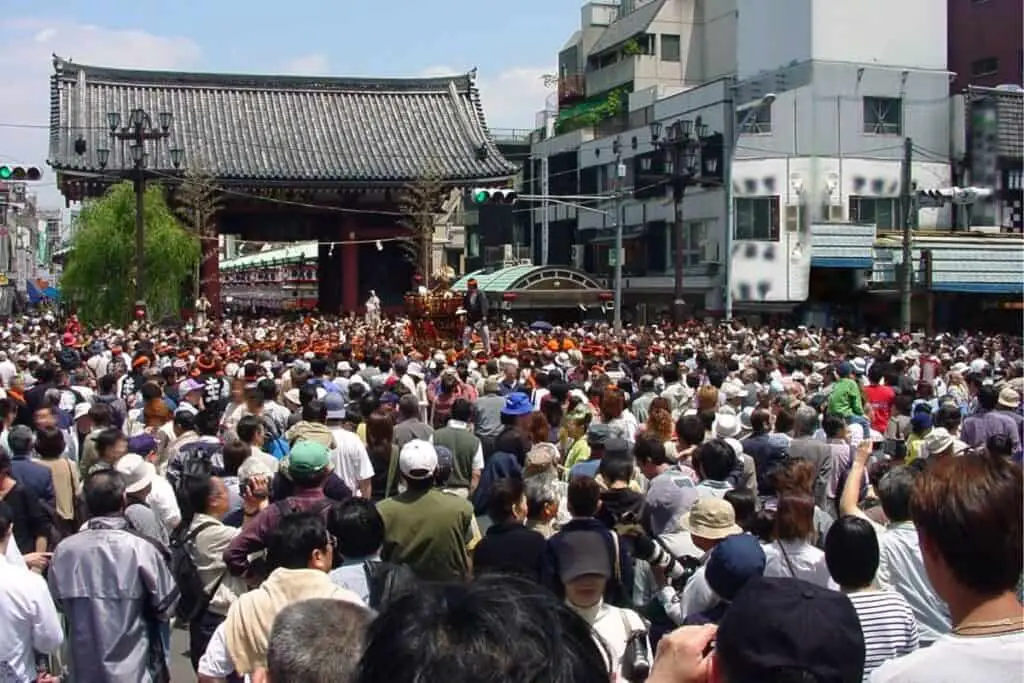
Using the language skills you’ve learned will also have a tremendous benefit for helping you retain what you’ve learned since your memory might not be as elastic as it once was.
So while a new language tends to come easier to a younger person who is still developing, anyone of any age can learn a new language. There are so many ways to be taught a language that you can choose the easiest way for you to learn based on your own learning style.
How Hard Is It To Learn Kanji?
Learning to write using Japanese kanji is very difficult but can be done should you have an interest in reading and writing kanji. Kanji is the Japanese alphabet used to write most often in the country.
It is much different than the Latin alphabet used by English speakers in both appearance and number of letters.
In fact, there are thousands of kanji letters, many of which exist to form their own particular Japanese words or phrases.
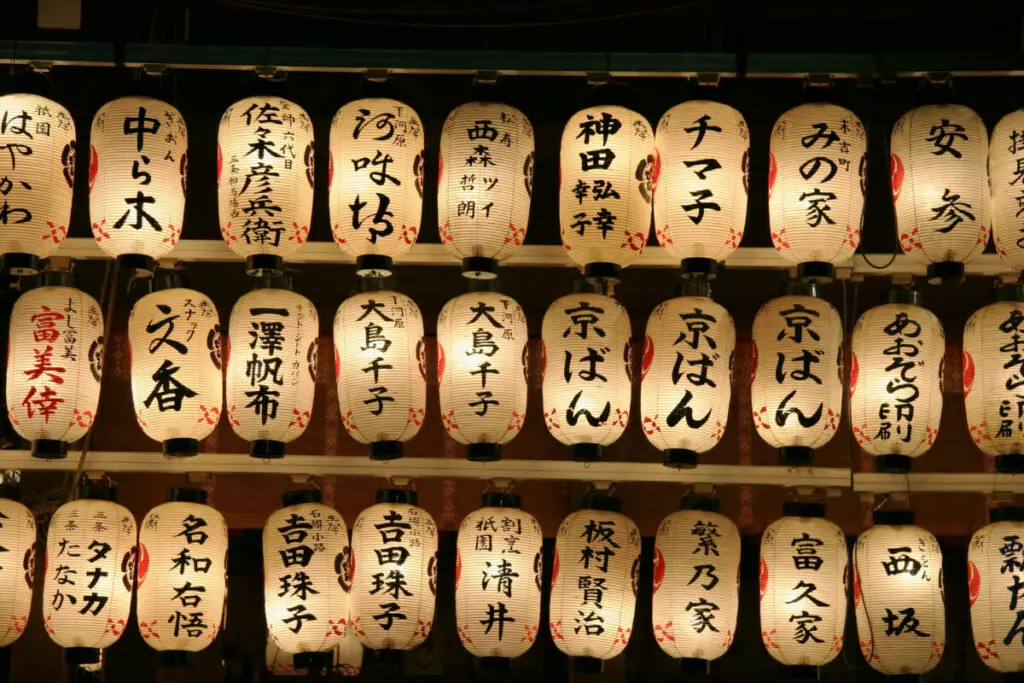
Not everyone in Japan will learn the entire kanji alphabet and will still be able to write and communicate clearly. This is because there are various ways kanji can be learned in Japan, which can be applied to your desire to learn kanji.
For instance, in Japan, children learn the jouyou kanji alphabet, which consists of 2200 kanji letters.
With some time commitment to learn at least 30 of these kanji letters a day, you could potentially learn jouyou kanji in a few months. That said, with how intricate some kanji letters are, practice is vital.
Is Studying Japanese Worth It?
It’s always worth it to learn another language. Language is a very important component of a culture, and learning a language is one of the best ways to get a unique perspective on a culture that you admire.
Knowing another language also gives you a great advantage when it comes to searching for a career, as many employers appreciate employees that can speak more than one language.
Dedicating a lot of time to studying Japanese isn’t worth the effort if you don’t have the ability to use the language. It’s very difficult to commit a new language to memory when you aren’t making it a part of your routine.

Therefore, be sure you have a substantial reason for learning Japanese, even if it’s just to immerse yourself into the culture and what it has to offer.
Whether that means you know people who speak Japanese that can help you practice, or you join a club where you can interact with Japanese people, you need to speak the language as part of your learning process.









